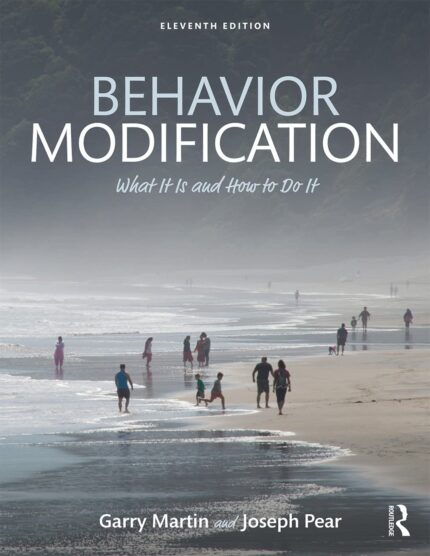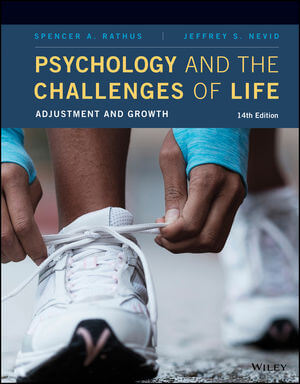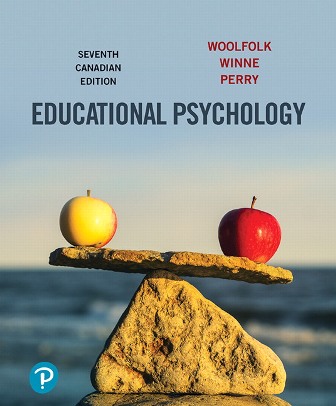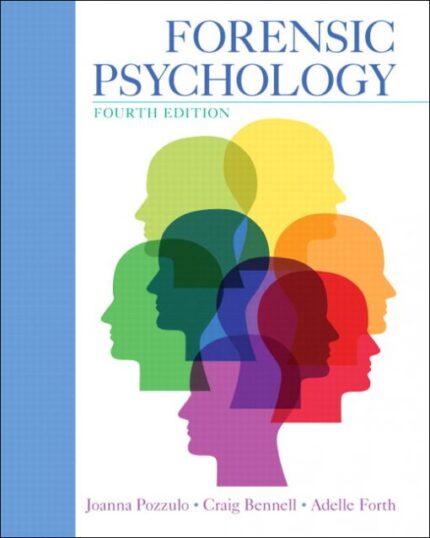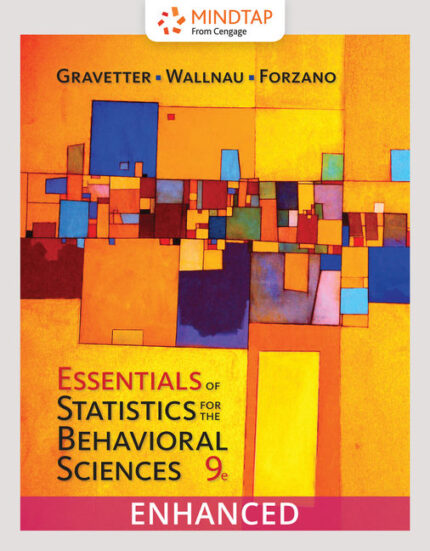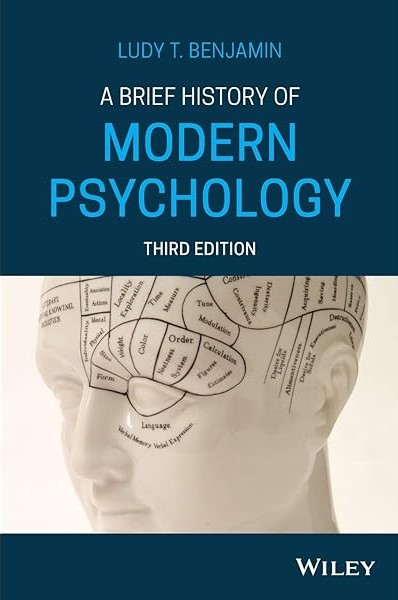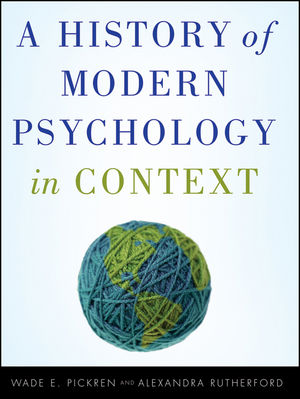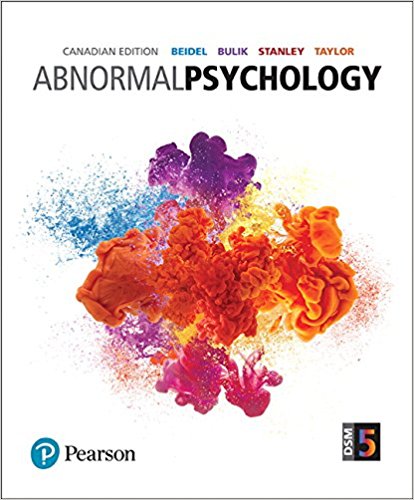Psychology
Psychology
Psychology is the study of the mind and how people think, feel, and behave. It helps us understand why people act the way they do.
A test bank is a big collection of questions. Teachers use these questions to make tests for students. It helps them see what students have learned.
A Psychology Test Bank is a collection of questions all about psychology. These questions can be about many things like:
- Feelings and emotions
- How we think
- How we learn
- How we behave
What is testbankgo.store?
Testbankgo.store is a website. On this website, teachers can find test banks. It helps them make tests for their students. There are many kinds of test banks, including the Psychology Test Bank.
Why Use a Psychology Test Bank?
- Helps Teachers: Teachers can make tests quickly. They do not need to write all the questions by themselves.
- Helps Students: Students can practice with these questions. It helps them learn and remember psychology better.
- Easy to Use: The questions are ready to use. Teachers can pick the ones they like.
What is in a Psychology Test Bank?
A Psychology Test Bank has many kinds of questions. Here are some examples:
Types of Questions
- Multiple Choice: These questions have four choices. You pick the right answer.
- Example: What is a feeling of happiness called? (a) Sadness (b) Fear (c) Joy (d) Anger
- True or False: You decide if a sentence is true or not.
- Example: Everyone feels happy all the time. (True/False)
- Fill in the Blanks: You fill in the missing word.
- Example: When we are scared, we feel _____.
- Matching: You match two things that go together.
- Example: Match the feeling to its name.
Learning About Feelings and Emotions
Feelings and emotions are how we feel inside. They can be happy, sad, angry, or scared.
Types of Feelings
- Happy: When we feel good and smile.
- Sad: When we feel bad and cry.
- Angry: When we are mad and upset.
- Scared: When we are afraid and nervous.
Learning About Thoughts
Thoughts are what we think in our mind. Our thoughts can be about anything, like our family, friends, or school.
Types of Thoughts
- Positive Thoughts: These make us feel good.
- Example: “I am doing a great job!”
- Negative Thoughts: These make us feel bad.
- Example: “I can’t do this.”
Learning About Behavior
Behavior is how we act. It can be good or bad. Good behavior makes people happy. Bad behavior can make people sad or angry.
Types of Behavior
- Good Behavior: Listening, sharing, and being kind.
- Bad Behavior: Not listening, fighting, and being mean.
How We Learn
Learning is how we get new knowledge and skills. We can learn at school, at home, and from our friends.
Ways to Learn
- Listening: We can learn by listening to our teachers and parents.
- Reading: We can learn by reading books.
- Watching: We can learn by watching others.
- Doing: We can learn by trying new things.
Famous Psychologists
Psychologists are people who study the mind and behavior. They help us understand why we feel and act the way we do.
Examples of Famous Psychologists
- Sigmund Freud: He studied dreams and the unconscious mind.
- Carl Jung: He studied different personality types.
- Ivan Pavlov: He studied how we learn through rewards and punishments.
How to Use a Psychology Test Bank
Using a Psychology Test Bank is easy. Here are the steps:
- Find the Test Bank: Go to the testbankgo.store website. Look for the Psychology Test Bank.
- Choose Questions: Pick the questions you want to use.
- Make a Test: Put the questions together to make a test.
- Give the Test: Give the test to your students.
- Check Answers: Check the students’ answers to see what they learned.
Benefits of Using a Psychology Test Bank
- Saves Time: Teachers can make tests faster.
- Better Learning: Students get to practice more.
- More Fun: Learning with questions is fun.
- Easy Access: Teachers can get the questions anytime they need.
Learning About Emotions
Emotions are strong feelings. They can be positive or negative. Learning about emotions helps us understand ourselves and others better.
Types of Emotions
- Joy: A feeling of great happiness.
- Anger: A strong feeling of displeasure.
- Fear: A feeling of being afraid.
- Surprise: A feeling of being amazed or shocked.
How We Communicate
Communication is how we share our thoughts and feelings with others. We can communicate with words, actions, and facial expressions.
Ways to Communicate
- Talking: Using words to share ideas.
- Writing: Using letters and notes to share ideas.
- Body Language: Using movements and gestures to show how we feel.
- Facial Expressions: Using our face to show how we feel.
Understanding Relationships
Relationships are connections we have with other people. They can be with family, friends, or classmates. Good relationships make us feel happy and supported.
Types of Relationships
- Family: People we live with, like parents and siblings.
- Friends: People we like to spend time with.
- Classmates: People we go to school with.
- Teachers: People who help us learn.
Understanding Social Skills
Social skills are how we interact with others. Good social skills help us make friends and get along with others.
Examples of Social Skills
- Listening: Paying attention to what others are saying.
- Sharing: Letting others use our things.
- Helping: Doing something nice for someone else.
- Respecting: Treating others with kindness and consideration.
How to Handle Emotions
Handling emotions means dealing with how we feel in a healthy way. It’s important to know how to calm down when we are upset and how to cheer up when we are sad.
Ways to Handle Emotions
- Talking to Someone: Sharing our feelings with a trusted person.
- Taking Deep Breaths: Breathing slowly to calm down.
- Drawing or Writing: Expressing feelings through art or writing.
- Playing: Doing something fun to feel better.
Understanding Mental Health
Mental health is about how we think, feel, and act. Good mental health helps us handle stress, relate to others, and make good choices.
Ways to Keep Good Mental Health
- Getting Enough Sleep: Resting well to feel good.
- Eating Healthy: Eating good food to stay strong.
- Exercising: Moving our body to stay healthy.
- Talking About Feelings: Sharing our thoughts and feelings.
How Psychology Helps Us
Psychology helps us understand ourselves and others. It helps us learn how to handle our feelings and make good choices. It also helps us build strong relationships and live happier lives.
Using Psychology in Everyday Life
We use psychology every day. Here are some examples:
- At Home: Understanding family members’ feelings and helping each other.
- At School: Making friends and working together with classmates.
- With Friends: Sharing, playing, and solving problems together.
- In the Community: Being kind and helping others.




